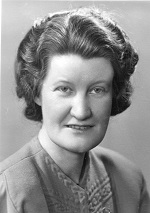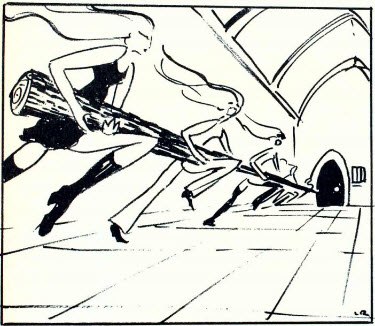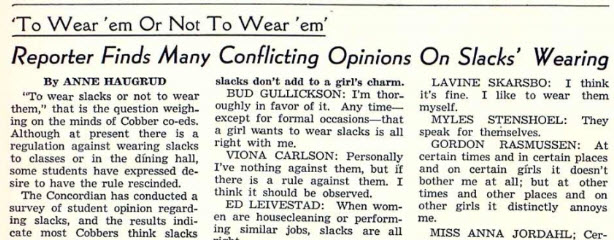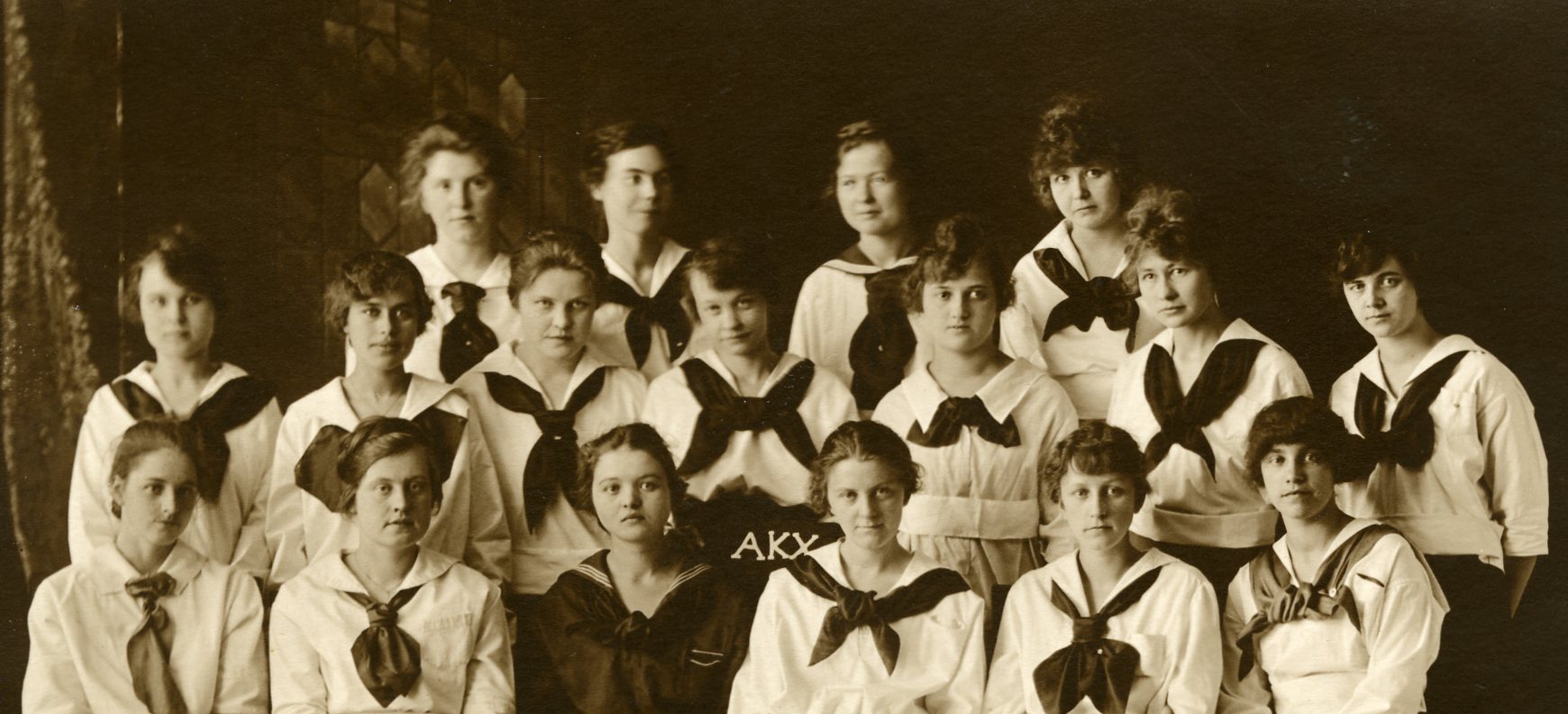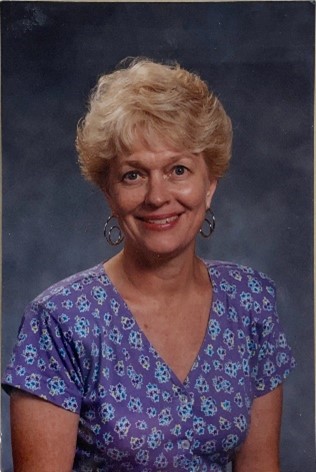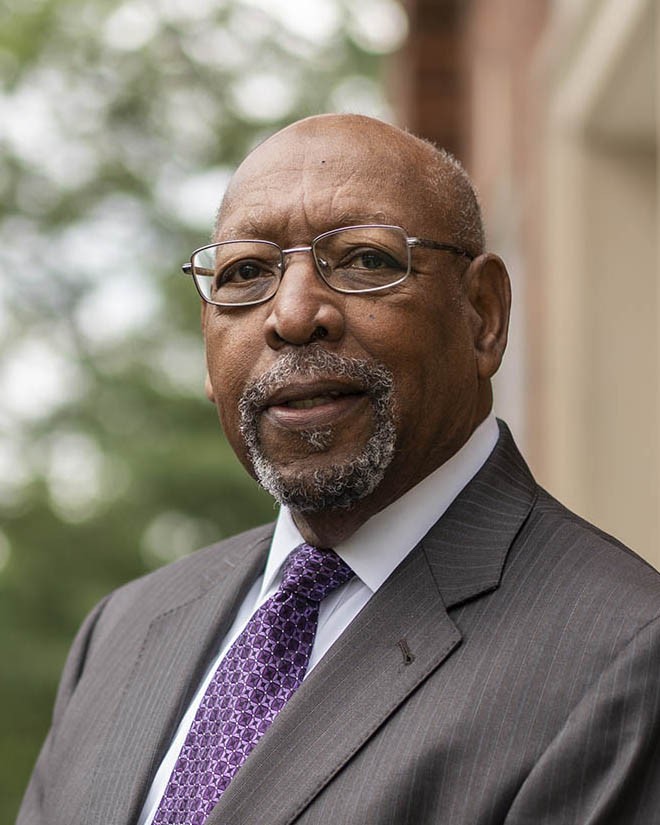 A native of Louisville, Kentucky, Richard Green attended Concordia College during the tumult and excitement of the early modern Civil Rights Movement, becoming the college’s first African American graduate in 1961. A chemistry major, Green went on to earn a master’s degree in science at North Dakota State University (1963) and his PhD in the field of inorganic chemistry at the University of Louisville (1969). In 1964, Green married Dorothy Reed and began work at a chemical firm in Louisville. Richard and Dr. Dorothy Green have two adult children, Richard Clayton and Kim Elizabeth and three grandchildren. Richard C. is a graduate of Stanford University and Kim a graduate of Northwestern University. Green returned to Concordia in 1969 as an assistant professor in the department of chemistry. He became the first director of the college’s new Office of Intercultural Affairs in 1971, helping to make Concordia a more welcoming place as Black and Native student enrollments increased under his leadership. Green served on the Board of Regents from 1972 to 1981 and aided Concordia College by acting as a mediator during the Black Student Strike of 1976. Green’s career followed numerous industry, faculty, administrative, and academic leadership posts across the nation, earning him the highest esteem as a respected and sought-out leader in higher education.
A native of Louisville, Kentucky, Richard Green attended Concordia College during the tumult and excitement of the early modern Civil Rights Movement, becoming the college’s first African American graduate in 1961. A chemistry major, Green went on to earn a master’s degree in science at North Dakota State University (1963) and his PhD in the field of inorganic chemistry at the University of Louisville (1969). In 1964, Green married Dorothy Reed and began work at a chemical firm in Louisville. Richard and Dr. Dorothy Green have two adult children, Richard Clayton and Kim Elizabeth and three grandchildren. Richard C. is a graduate of Stanford University and Kim a graduate of Northwestern University. Green returned to Concordia in 1969 as an assistant professor in the department of chemistry. He became the first director of the college’s new Office of Intercultural Affairs in 1971, helping to make Concordia a more welcoming place as Black and Native student enrollments increased under his leadership. Green served on the Board of Regents from 1972 to 1981 and aided Concordia College by acting as a mediator during the Black Student Strike of 1976. Green’s career followed numerous industry, faculty, administrative, and academic leadership posts across the nation, earning him the highest esteem as a respected and sought-out leader in higher education.
